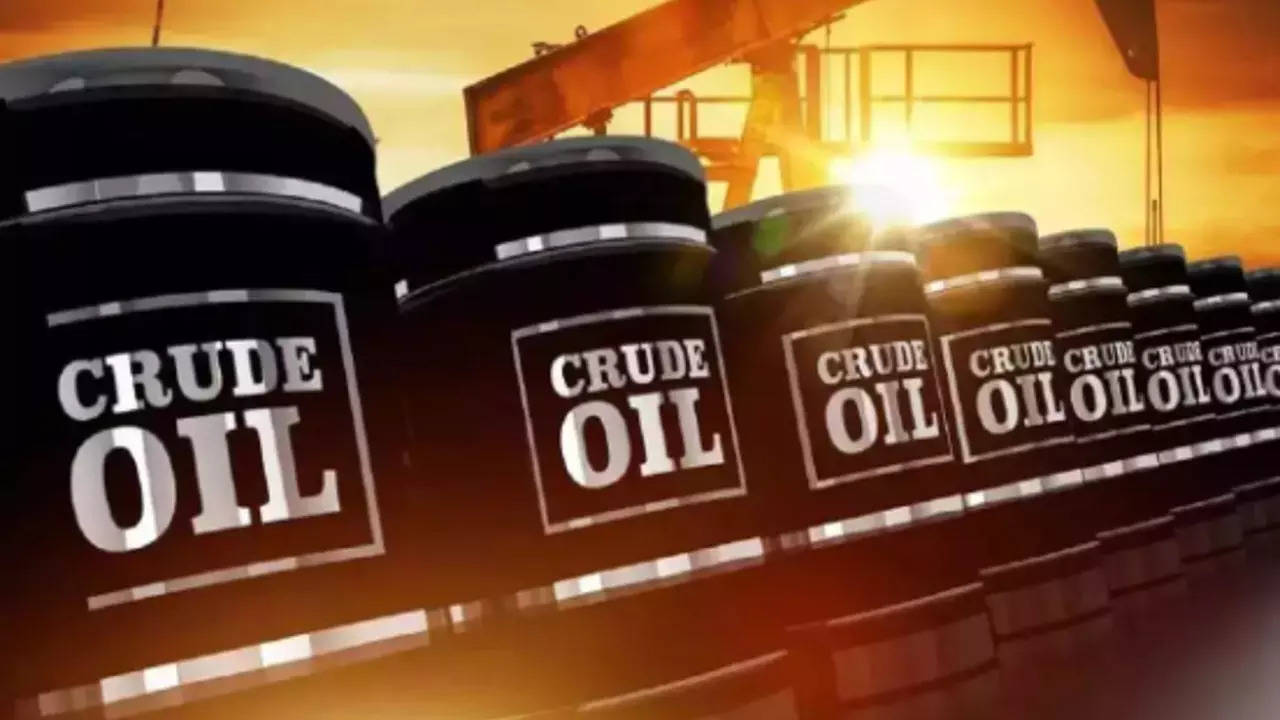

fetching latest news
News tagged in:

Oil prices rose on Tuesday for a second day on increasing concerns about tightening European supply after Russia, a key oil and natural gas supplier to the region, cut gas supply through a major pipeline. Brent crude futures for September settlement rose $1.66, or 1.6%, to $106.81 a barrel by 0618 GMT, extending a 1.9% gain in the previous day. U.S. West Texas Intermediate (WTI) crude futures for September delivery increased $1.47, or 1.5%, to $98.17 a barrel, having gained 2.1% on Monday. Russia tightened its gas squeeze on Europe on Monday as Gazprom (GAZP.MM) said supplies through the Nord Stream 1 pipeline to Germany would drop to just 20% of capacity. read more Russia's cut in supplies will leave countries unable to meet its goals to refill natural gas storage ahead of the winter demand period. Germany, Europe's biggest economy, faces potentially rationing gas to industry to keep its citizens warm during the winter months.

Judging by the title, I'm sure you already know how I feel about the IEA and its ability to forecast oil demand and supply. For those of you keenly aware of global oil supply and demand forecasts for 2022, the No. 1 variable that will determine whether or not we're oversupplied or undersupplied is global oil demand. But to be precise, it's OECD oil demand. At the time, we basically said that IEA is full of it when it came to estimating global oil demand. China and India already were showing structurally higher oil demand versus the 2019 baseline (pre-COVID), so it was only a matter of time before global oil demand surpassed 2019 levels.
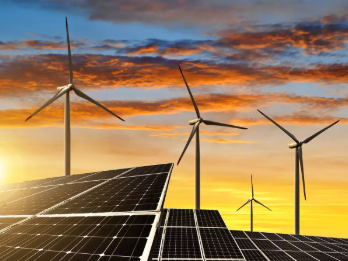
Renewable energy will account for a far larger share of global supply in 2050 than major oil companies or the International Energy Agency (IEA) expect, Oslo-based consultancy Rystad Energy said on Thursday. Its updated models show renewables meeting 74 per cent of total energy demand by 2050, compared to 43 per cent, 45 per cent and 69 per cent in the most aggressive scenarios from energy firms Equinor, Shell and BP.

Oil advanced to the highest in over a month as a combination of declining U.S. petroleum product supplies and signs of stronger demand buttressed expectations for a revival in global consumption.Futures in New York jumped 1.5%, posting the largest back-to-back daily gains in two weeks. “There's a lot of green shoots in demand,” said Matt Sallee, portfolio manager at Tortoise, a firm that manages roughly $8 billion in energy-related assets.
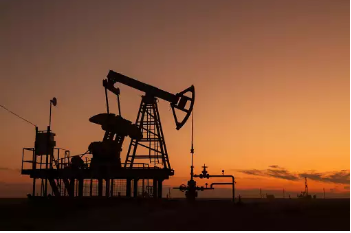
The United States overtook Saudi Arabia as India's second biggest oil supplier last month, as refiners boosted cheaper U.S. crude purchases to record levels and to offset supply cuts from the Organization of the Petroleum Exporting Countries and its allies (OPEC+), data from trade sources showed.
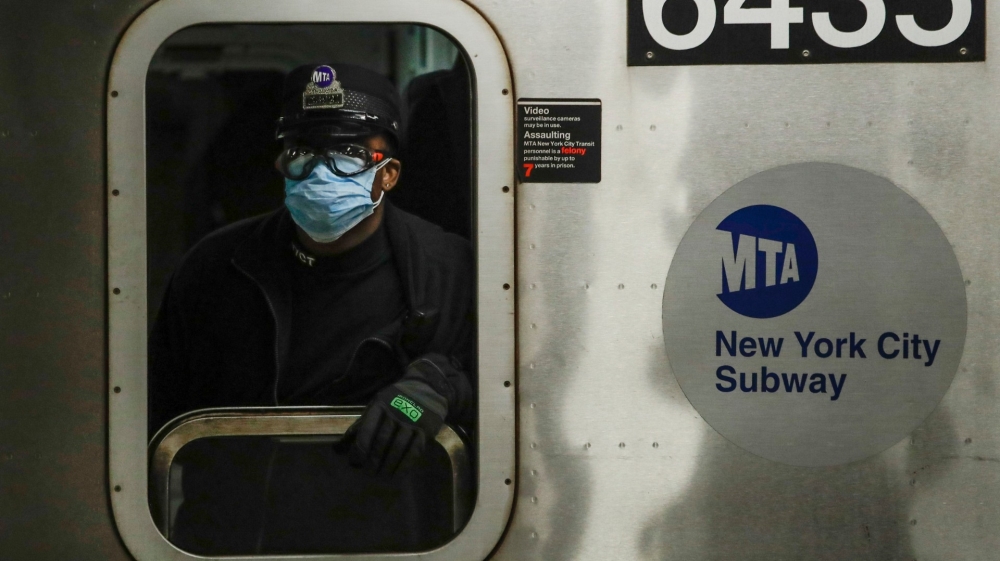
The re-balancing of global oil markets remains “fragile” amid weaker estimates for demand and recovery in supplies, International Energy Agency said. IEA cut forecasts for world oil consumption in 2021 by 200,000 barrels/day as pandemic continues to limit travel and economic activity. It boosted projections for supplies outside the OPEC cartel by 400,000 barrels a day as a price recovery spurs investment.

Last year in mid-2019, India totally stopped its purchase from Iran after Trump has imposed tough sanctions on it. But with Biden's win, India might look for Iranian supply again with the underlined condition of a longer wait. As a clear statement came from Shin Kim of S&P Global Platts, "We do not expect a meaningful return of Iranian oil before 2022 under either Trump or Biden.”

A joint venture between Getka and Unimot, 3 Seas Energy landed a historic contract to provide Belarus with its new blended oil variety, White Eagle Blend. 3 Seas Energy produced the blend exclusively at the Phillips 66 Beaumont Terminal and it is being traded from the facility, because of the advantage from the area and infrastructure.
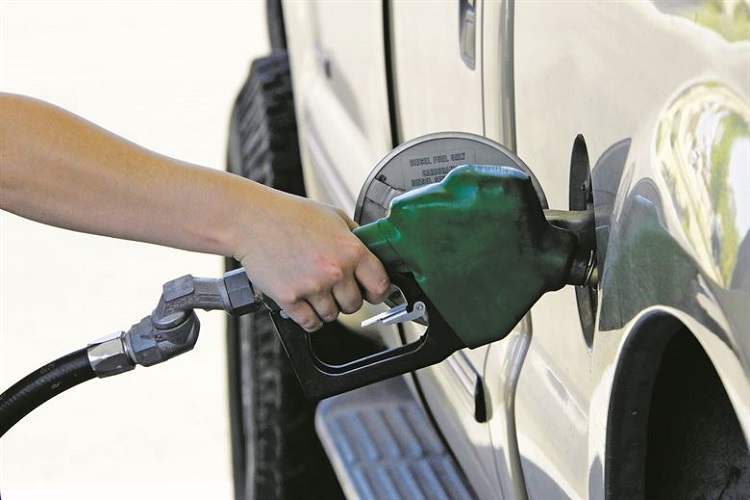
India’s fuel demand rose by nearly 50% in May as the country eased coronavirus-led restrictions, Oil Ministry data showed on Wednesday, signaling a slow revival of economic activity. Fuel consumption, a proxy for oil demand in Asia’s third-biggest economy, totalled 14.65 million tonnes in May, 47.4% higher than in April but still 23.3% lower than a year earlier, the data from PPAC of the ministry showed..
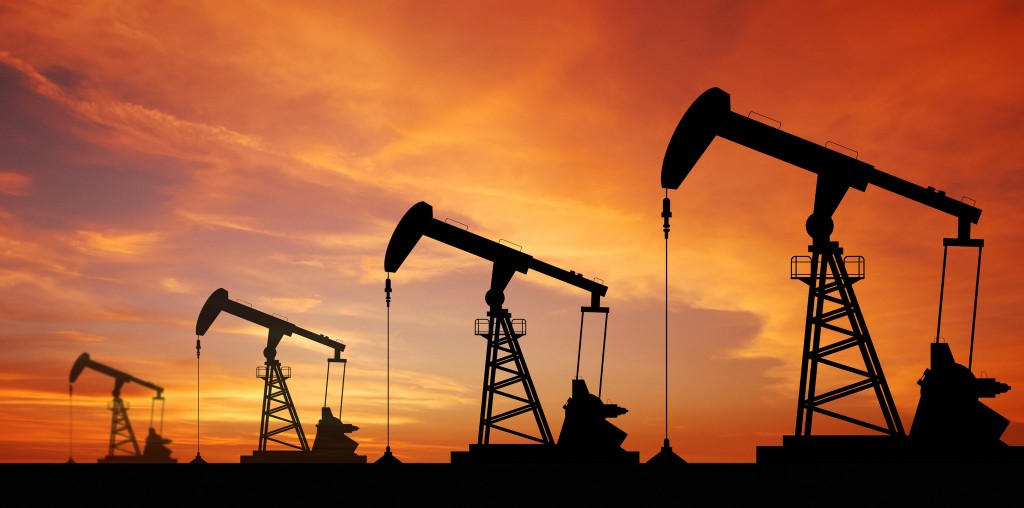
Pipeline giant Energy Transfer LP claimed that operator companies in North-America have started reopening oil wells. These wells were previously shut-in, owing to the COVID-19 pandemic and the social lockdown that had followed. With demand creeping up, reportedly 25% of the stalled operations have been resumed. The reopening of wells may undermine POTUS’ pledge support a coalition of OPEC and allied producers like Russia in taming a global gut.
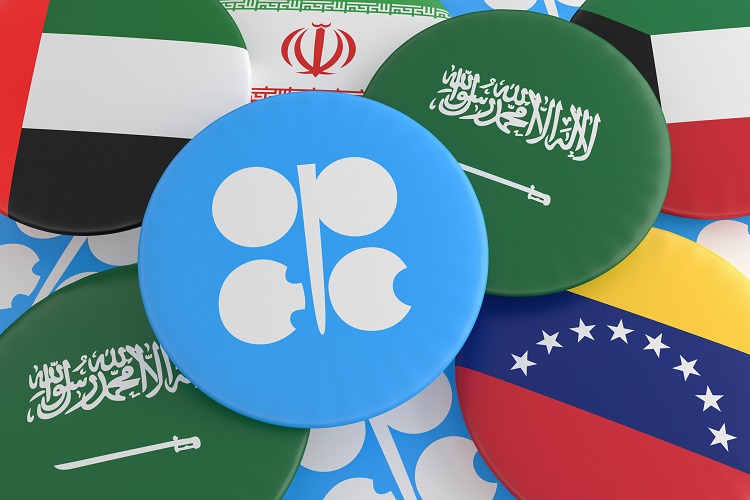
The oil cartel, OPEC yesterday agreed to deepen output cuts by an additional 1.5 million barrels per day (bpd) in the second quarter of 2020 to regulate fuel prices amidst coronavirus outbreak. The cartel has, however, made its action conditional on Russia and others chipping in. The oil demand outlook has tumbled as countries take stringent measures to contain coronavirus spread, pushing OPEC to consider its deepest cut since 2008.
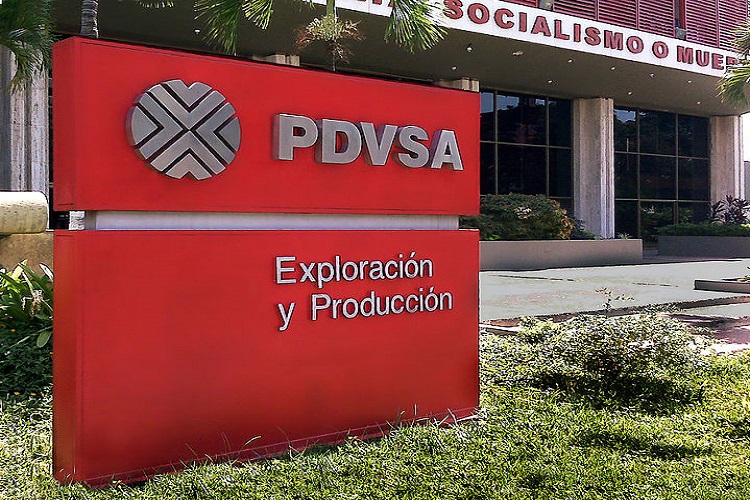
State-owned PDVSA has restarted supplying gasoline to fuel-deprived Venezuela on Tuesday. The company has announced delivery to six different regions from country’s large crude producing state Anzoategui. Costly and complicated fuel exports and refinery underinvestments had caused fuel shortages in many regions including country's capital Caracas. Shortages increased after there was a sharp decline in fuel exports from 210,000 BOPD in October to 135,000 BOPD in November.
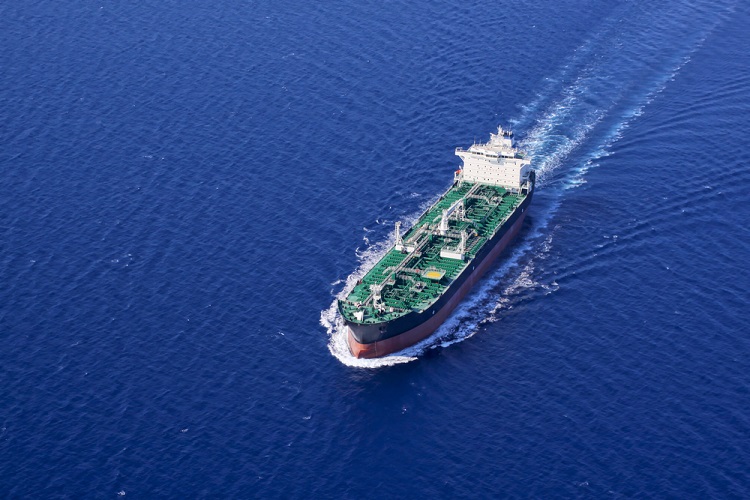
Following the biggest-ever attack on its oil installations, Saudi Arabia has assured of its commitment towards India's energy security needs. India and Saudi's relations have been flourishing over the last few years because of healthy energy ties. "We look forward to India's continued partnership. Saudi Arabia has valued India as a close friend and a strategic partner", said the Saudi Ambassador.
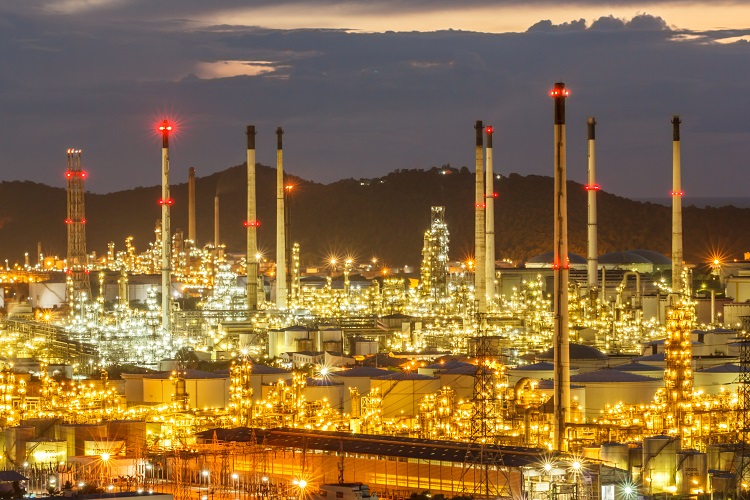
With mammoth new refineries in China yielding huge fuel output, the Chinese refiners are now moving to curb their output in the third quarter. In May, private refiner Hengli Petrochemical ran its 400,000-bpd plant in northeast China to full capacity, while Zhejiang Petrochemical commenced experimental runs at a similar-sized refinery. Sources have revealed that Dongming Petrochemical Group will shut down its 240,000-bpd plant this week for two months of maintenance.

Oil prices dipped down in the international market on Friday, as the market remained in stress over threat to global economic growth. International benchmark, Brent crude futures dropped 0.1% to $63.25 per barrel. US WTI crude futures dipped by 1.1% to $56.72 per barrel. Worries over future demand amidst trade disagreements threatened global economic growth. However, OPEC-led supply cut commitment maintained a check on further losses.
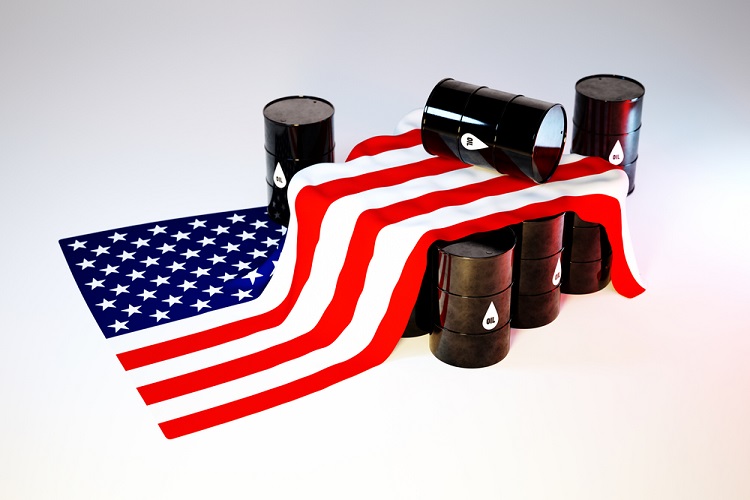
Oil prices eased down in the international market on Thursday, worried by smaller-than-expected decline in US crude stockpiles. Benchmark Brent crude futures LCOc1 dropped 0.4%, to $63.60 per barrel. US WTI crude futures CLc1 were priced 0.3% lower, at $57.18 per barrel. EIA data released on Wednesday showed a decline of 1.1 million barrels last week, denying analysts’ expectations of a 3-million-barrel drop.
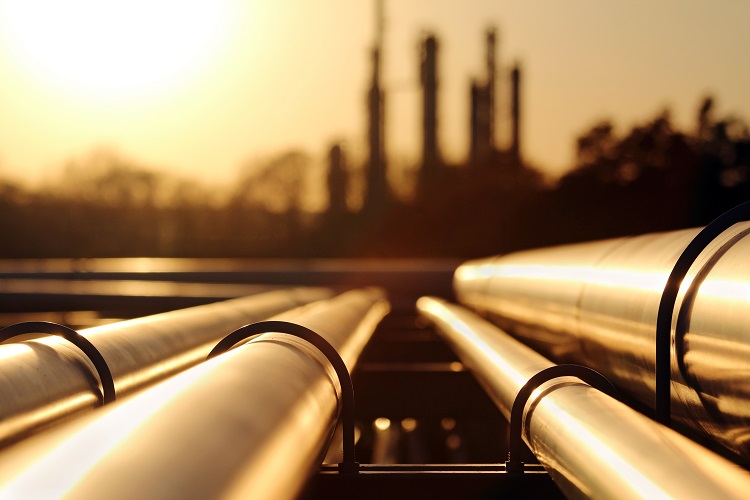
PKN Orlen-owned Czech oil refiner Unipetrol has halted oil import through the Druzhba pipeline from Russia, citing chloride contamination. The chief of Czech state strategic reserves yesterday tweeted, “Unipetrol has stopped taking oil from the Druzhba pipeline due to detected contamination by chlorides. Further tests of samples are underway”. Czech Industry and Trade Minister was earlier quoted informing about detecting an increased level of contamination in the Druzhba pipeline.
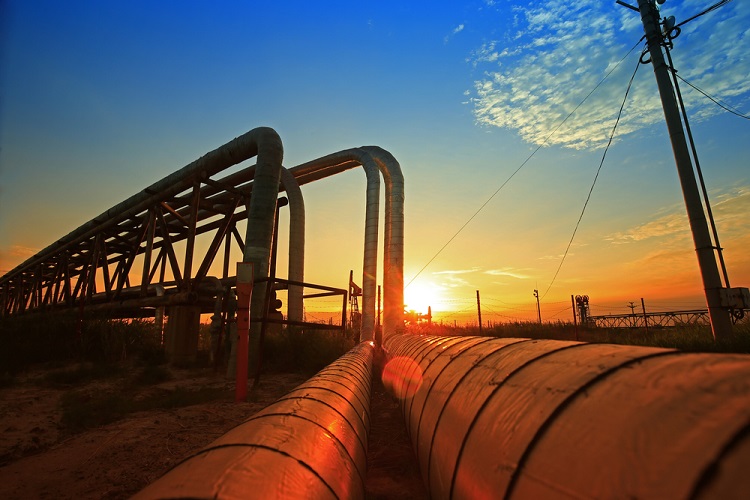
The largest pipeline company in the world, Transneft reportedly informed about discovering more contamination at a section of the Druzhba pipeline from Belarus to Poland. Transneft said that pumping was halted on Wednesday evening, but later resumed on Thursday. In April, all the west-bound flows through the pipeline were ceased due to extreme levels of organic chloride in the crude, distressing refiners in numerous European countries.